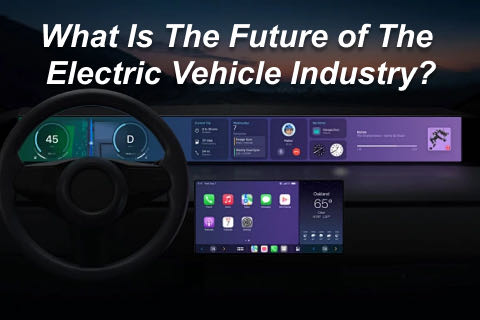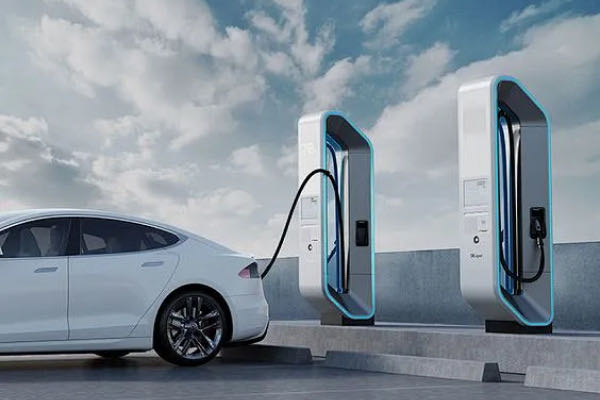
What Is The Future of The Electric Vehicle Industry?
The automotive landscape is undergoing an electrifying transformation. As concerns about climate change and sustainability grow, the electric vehicle (EV) industry is accelerating at an unprecedented pace. But what does the future hold for this burgeoning sector? Let’s explore the horizon of the electric vehicle industry and the innovations that are driving it forward.
1.The Battery Breakthroughs Powering Progress
At the heart of the electric revolution are advancements in battery technology. Lithium-ion batteries have long been the standard, but the future promises more energy-dense, lighter, and faster-charging alternatives. Solid-state batteries are on the horizon, potentially offering greater range and safety. Innovations in battery chemistry and design are also expected to bring down costs, making EVs more accessible to the average consumer.
2.Autonomy and Electrification: A Symbiotic Relationship
The rise of autonomous driving technology goes hand in hand with the growth of the EV industry. Electric vehicles provide an ideal platform for self-driving systems due to their simplified mechanical design and superior torque control. As autonomous technology matures, we can expect to see an increase in electric ride-sharing and delivery services, reducing the need for personal vehicle ownership and further promoting electric vehicle adoption.
3.Infrastructure Expansion: Fuelling the Electric Journey

One of the biggest challenges facing the EV industry is the development of a robust charging infrastructure. The future promises a network of fast-charging stations as common as today's gas stations, enabling long-distance travel with short charging intervals. Innovations like wireless charging pads and the integration of solar panels into vehicles and roadways could provide continuous on-the-go charging, addressing range anxiety once and for all.
4.Policy Drives Change: The Role of Global Regulations
Government policies will play a pivotal role in shaping the EV industry. Many countries have already announced plans to phase out internal combustion engine vehicles, setting ambitious targets for electric vehicle adoption. Subsidies, tax breaks, and investments in charging infrastructure are making electric vehicles more attractive to both manufacturers and consumers. These policies are not only pushing the automotive industry towards electrification but also encouraging advancements in related sectors, such as renewable energy and power storage.
5.Sustainability in the Spotlight: Circular Economy and EVs
Sustainability is a core tenet of the electric vehicle industry. The future will likely see a circular economy approach to vehicle production, where recycling and reusing materials become standard practice. Battery recycling programs will become more sophisticated, ensuring that the raw materials used in batteries are reclaimed and repurposed, minimizing environmental impact and resource depletion.
6.Diversification of Models: Electrifying Every Niche

The future of the EV industry isn't just about sedans and hatchbacks. We're already seeing a proliferation of electric models in every segment, from pickup trucks to luxury sports cars and even heavy-duty commercial vehicles. This diversification will continue as battery costs fall and consumer demand for a wide range of electric options grows.
7.Global Market Dynamics: Shifting Centers of Power
The electric vehicle revolution is also reshaping global market dynamics. China is currently leading the charge, both in terms of market size and as a hub for battery production. However, other regions are catching up fast, with Europe and the United States investing heavily in EV technology and infrastructure.
